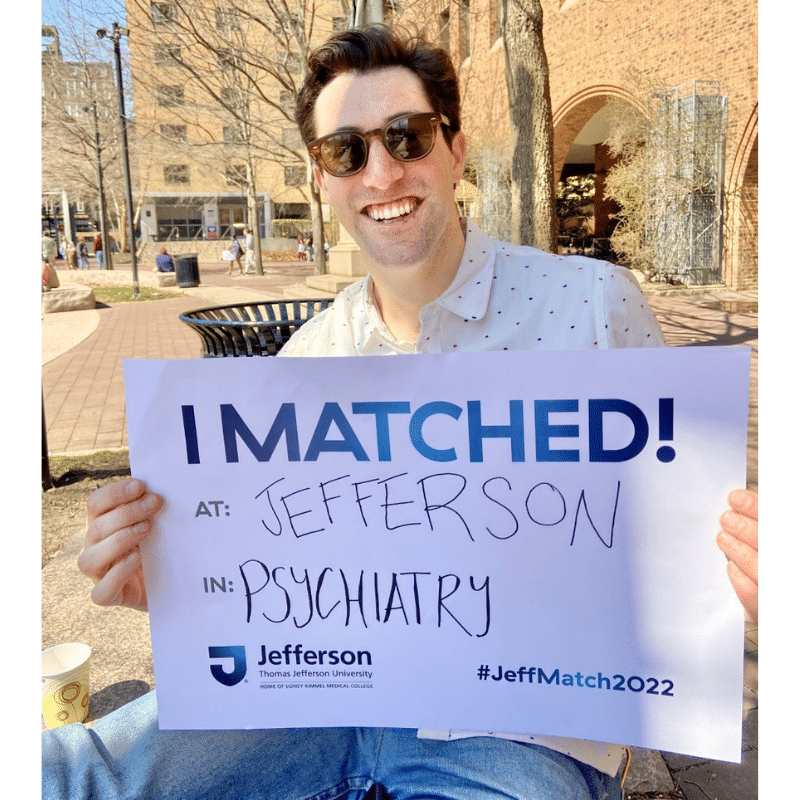By Alison Lynn, PMC associate director of social work

However, on the inside, Stephanie vacillated between feeling empty and overwhelmed with emotion. If she ate a meal at all, she had leftovers while standing over the sink. She canceled her own medical check-ups and her gym membership. When she lost her temper with her husband, she internally berated herself for being a bad caregiver.






